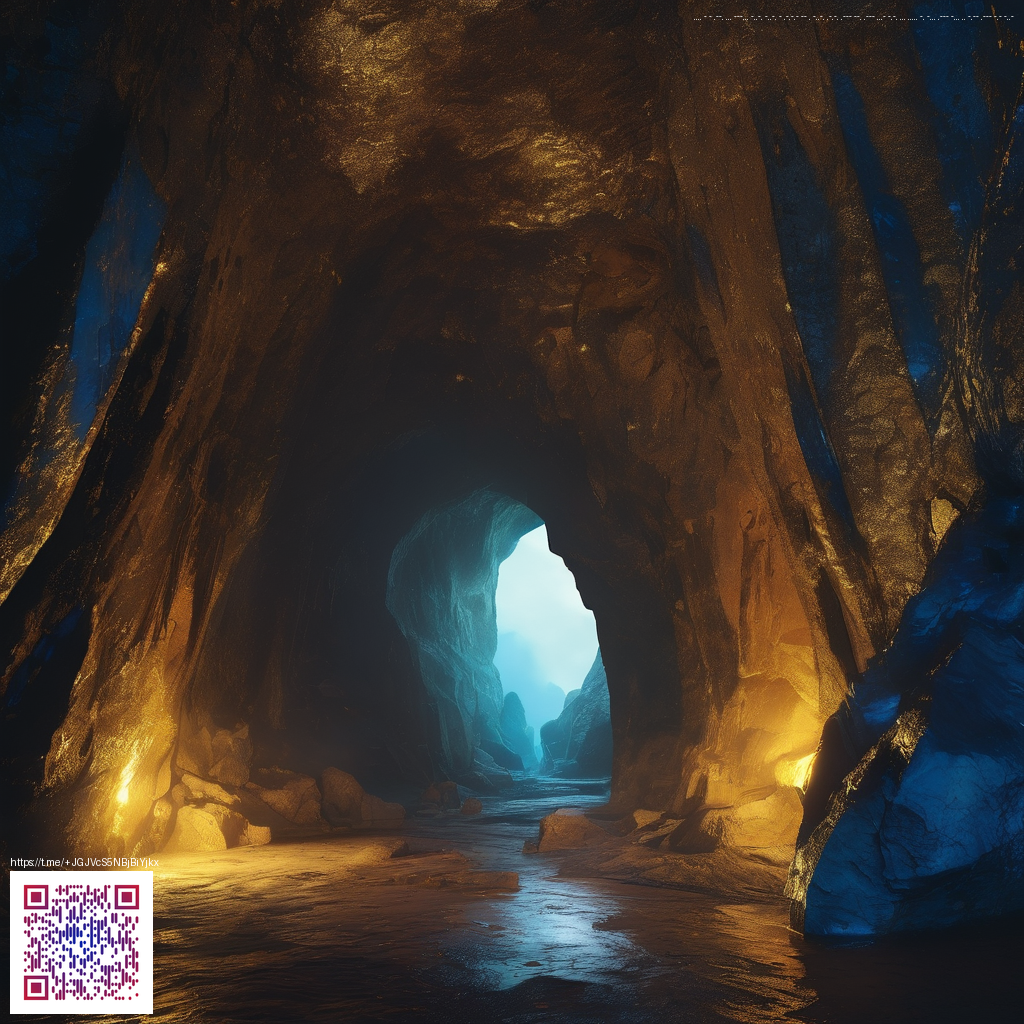
Influence on modern gaming
The Oregon Trail began in the early 1970s as a lean classroom project. Don Rawitsch, Bill Heinemann and Paul Dillenberger built it at Minnesota Educational Computing Corporation. What started as a simple teaching tool grew into a cultural touchstone that quietly rewired how players think about planning, risk, and reward in digital spaces.
Its core idea is straightforward yet incredibly potent do not underestimate the weight of a single decision. Manage rations, gear, and morale while facing unpredictable events along the way. That tension between scarce resources and meaningful consequences became a blueprint that many modern games borrow when shaping player agency and emergent storytelling.
That emphasis on meaningful choices and consequences echoed across genres transforming management sims roguelikes and survival games. Designers learned to fold learning into play introducing systems where failure teaches rather than frustrates. The trail taught players to anticipate trade offs and to adapt on the fly a lesson that still resonates in open world simulations today 🌑
Core gameplay lessons that echoed through time
Resource management is the rhythm of a great many modern titles and The Oregon Trail gave it a friendly accessible face. Inventory planning pacing and the anticipation of random events proved that complexity can emerge from simple rules. The result was a design philosophy that prizes clarity and feedback showing players how each choice nudges the overall journey forward.
Another lasting trait is the idea that challenge can be educational without being didactic. The trail demonstrates how to weave historical content into gameplay without sacrificing replayability. This balance informs contemporary titles that aim to teach as they entertain making learning an intrinsic part of play instead of an afterthought.
Community and classroom insights
In classrooms and gaming clubs players shared tales of near misses and clever strategies for keeping everyone alive. The title spurred conversations about logistics supply lines and the real cost of every item loaded onto the wagon. Those discussions show how a single game can become a social catalyst connecting history with practical problem solving 💠
Modding and fan projects have extended the life of the core idea by reimagining wagons creating new events and porting the experience to modern hardware. The result is a vibrant lineage of user generated content that keeps the original spirit alive while inviting fresh audiences to engage with familiar mechanics.
Updates across platforms and decades
From early monochrome interfaces to color graphics the series has traversed decades and platforms with a steady eye toward accessibility. Early Apple II and DOS versions established the baseline while later iterations refined the user experience for new audiences. Across updates the emphasis on clear feedback and reliable pacing remains a constant anchor more important than flashy visuals.
Major revisions introduced modern controls intuitive inventory systems and streamlined event messages. Each step preserved the core decision making that makes the experience engaging while removing friction that might hinder learning. The evolution mirrors a broader trend in gaming where educational roots meet contemporary polish to reach broader communities.
Modding culture and developer perspectives
The games legacy invites educators and developers to reflect on design decisions that foster clarity and replayability. The original creators emphasize how constraints shaped a design that communicates meaningful outcomes with every action. This lineage continues to influence designers who want approachable but deep experiences for players of all ages.
Community driven adaptations highlight a culture of tinkering that values accessibility and experimentation. By embracing mod friendliness the title becomes a living platform for exploration teaching not just history but how systems interact under pressure. The conversation around the title blends nostalgia with critique offering a blueprint for future educational games 💠
Support the Decentralized Internet